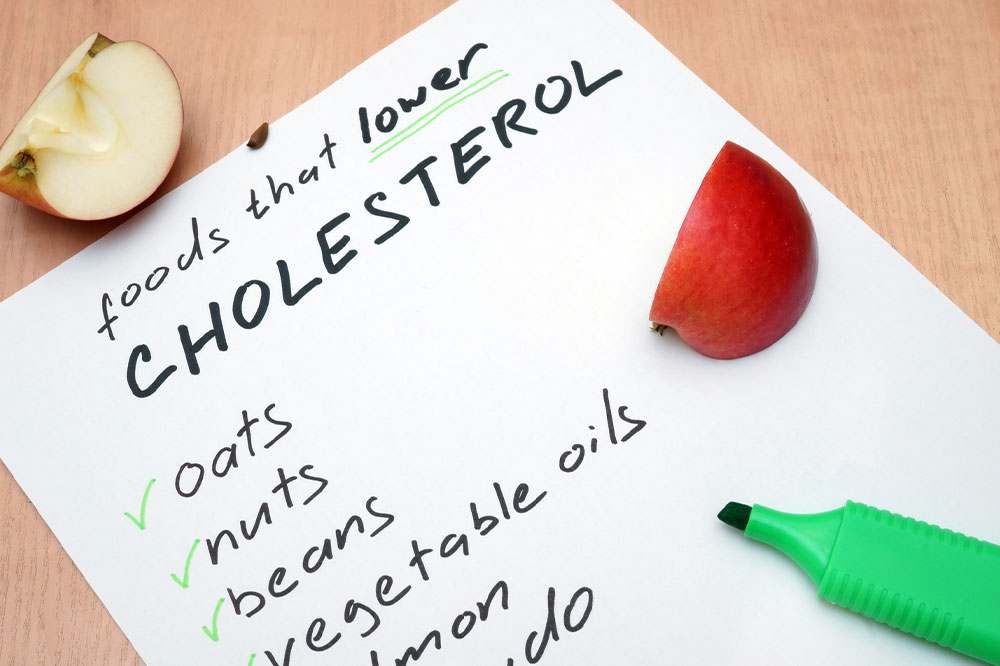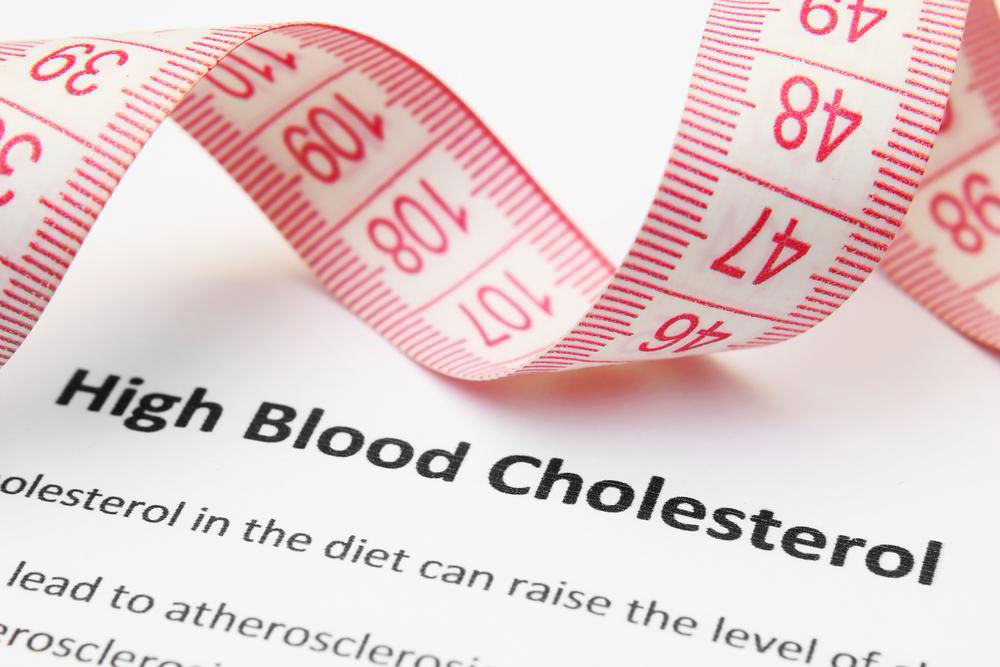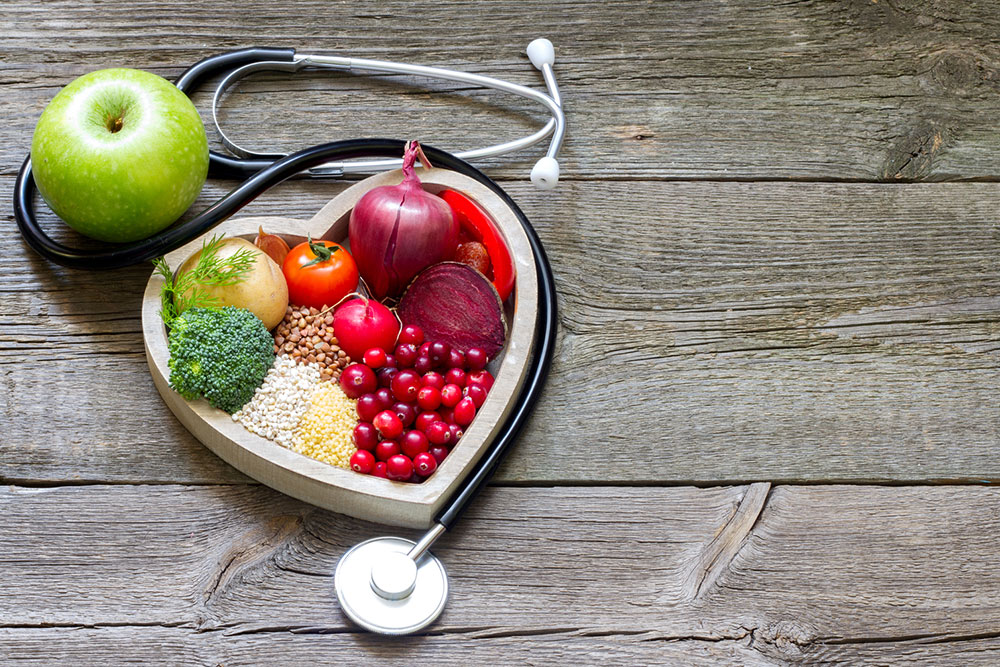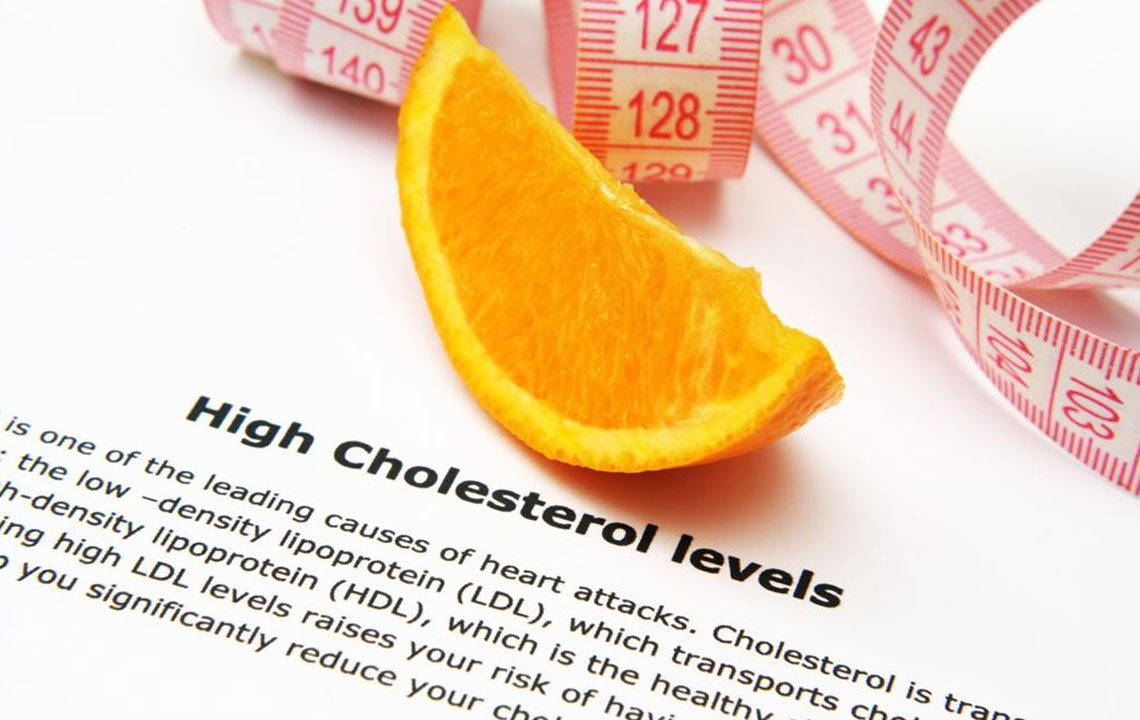Understanding Elevated Cholesterol: Causes, Risks, and Prevention
Learn about high cholesterol, its causes, symptoms, risks, and effective prevention strategies. Discover how lifestyle changes and medical management can help maintain healthy cholesterol levels and reduce cardiovascular risks.
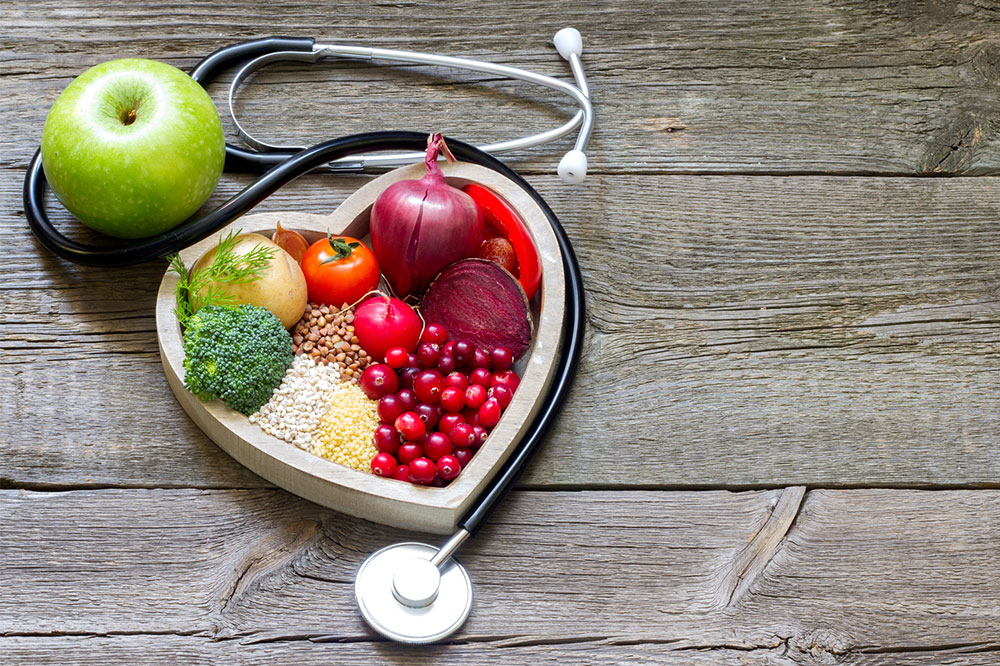
Understanding Elevated Cholesterol: Causes, Risks, and Prevention
Cholesterol is a waxy substance naturally found in your body's cells, aiding in vitamin D synthesis and hormone production. While the liver produces necessary amounts, dietary intake can raise blood cholesterol levels, increasing the risk of serious health issues like cardiovascular diseases. Elevated cholesterol leads to fatty deposits in arteries, potentially obstructing blood flow. In some cases, these deposits rupture, forming clots that may cause heart attacks or strokes. Lifestyle choices, genetics, and diet influence cholesterol levels. Maintaining a balanced diet, regular exercise, and medical management are key to keeping cholesterol in check.
Signs of high cholesterol include: subtle symptoms like chest discomfort, blood pressure spikes, or stroke symptoms. Indicators such as yellowish eyelid lesions (xanthomas), obesity, diabetes, and erectile dysfunction may suggest increased cholesterol levels. Factors contributing to high cholesterol include high saturated and trans-fat diets, obesity, sedentary habits, and smoking. HDL, known as good cholesterol, helps protect against heart disease, while LDL, or bad cholesterol, can lead to fatty buildup in arteries. Managing diet, staying active, and avoiding smoking are crucial steps for prevention.
Note: The information provided is for educational purposes only. Consult healthcare professionals for personalized medical advice and diagnosis.


